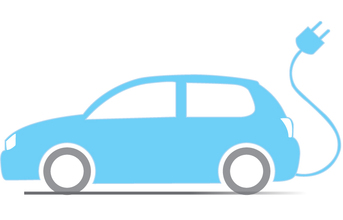
"The required need at this point in time is the presence of related support industry and infrastructure as it will help the charging infrastructure thrive," it said. "We expect the government to take active measures to streamline regulatory challenges and provide further policy impetus to drive uptake of EVs."
The report added that while share of public charging is expected to grow, however, home charging would still continue to be the dominant source with a share of nearly 70 per cent in 2030. "There is a growing need for a national regulated rate that can be applicable to all charging stations across India."
Besides, it noted that EV adoption will be highly dependent on the pace of fall in battery costs as EVs are significantly more expensive than traditionally propelled vehicles due to high cost of Li-ion batteries. "With improvement in technology and manufacturing efficiency, the cost is expected to decline to US$100/kWh by 2023."
While at present, India does not have any policy framework or mechanism for the battery recycling and second use market. However, the study said, in order to achieve its electrified mobility target, reclaiming materials from old Li-Ion batteries in a certified and sustainable manner should be a huge priority of the Government of India.
The ASSOCHAM-EY study highlighted that absence of an EV supply chain in the country demands an urgent investment in research and development (R&D) and local manufacturing capabilities. "There is a need for long-term supply-side incentives that attract desired investments required for EV deployment."
END



























